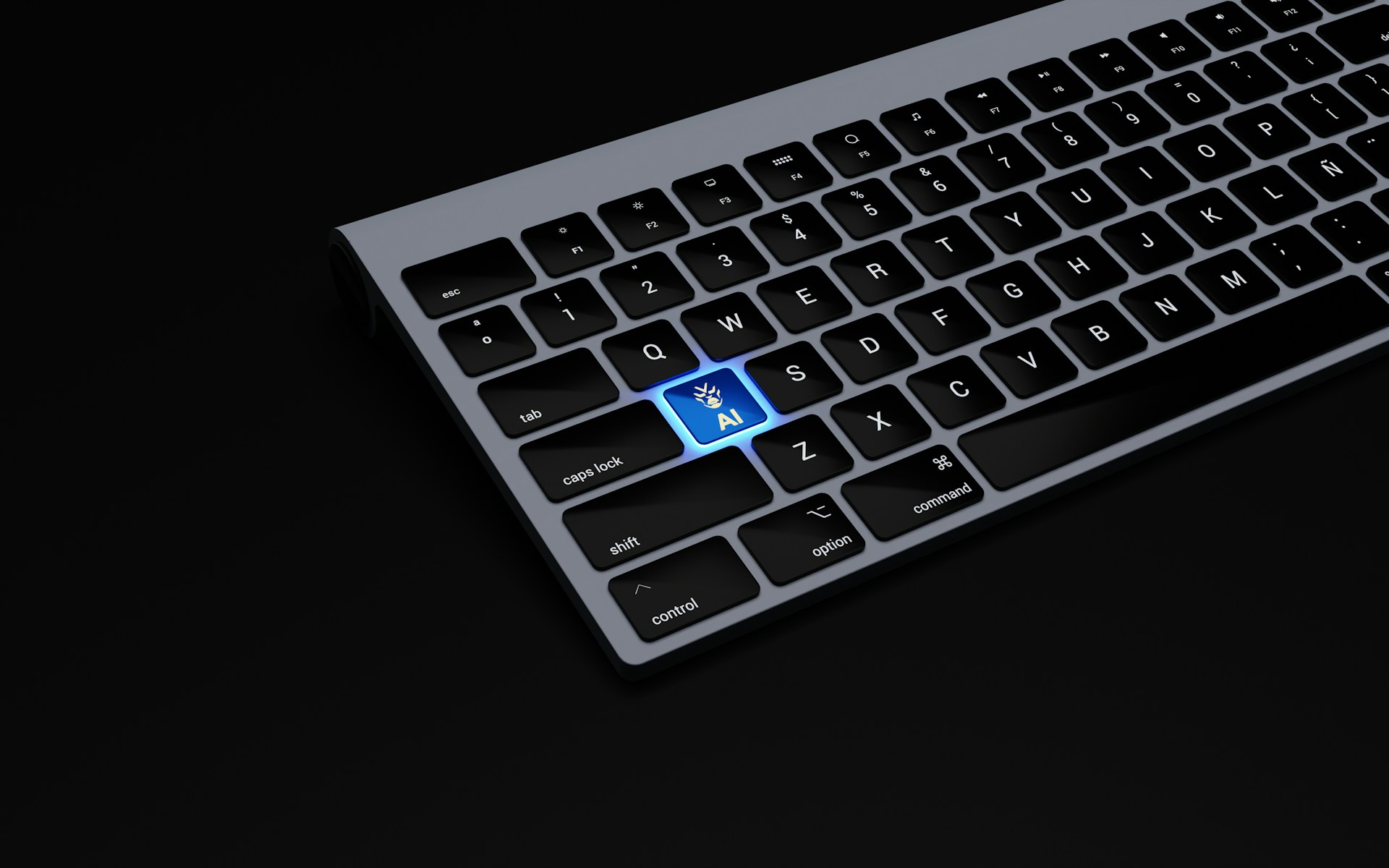A Day for an Increasingly Select Few?



What comes to mind when you think of eDiscovery? What does the “e,” in particular, stand for?
Expensive?
Exclusive?
Exclusionary?
What is the purpose of eDiscovery? Does it facilitate access to information as it is supposed to? Is it a weapon to be deployed in disputes? Is it proportional? Is it just big business?
Today, evidently, is eDiscovery Day. Yes, this is a vendor-created phenomenon. Surprise. And no, it's not totally clear why we celebrate it. But it does, at least, mark an occasion to consider these questions and maybe wrestle a little with the status quo.
If we do, let’s remember, eDiscovery—its extreme cost, its complexity, its unpredictability—is, according to some, among the greatest threats to our justice system.
“It's an extraordinary challenge,” Judge John Facciola, a guy who would know, once told us. “Probably no greater challenge has been faced in terms of administration of justice in this country. The costs of discovery may, in the long run, drive an entire economic class out of the federal court for lack of means to engage.”
No greater challenge.
That was six and a half years ago. What’s changed? Certainly the technology has improved. Education has become more readily available. The rules, even, are different.
But what about access? Who can participate?
eDiscovery is, still today, exclusionary because it has been, and is being, purposely built to exclude. To box out. To prohibit.
It’s such a shame, this industry. With all the resources at our disposal, somehow we’ve managed to make the problem even more complex while narrowing the pie of people who can solve for it. The biggest eDiscovery companies build thousand-pronged Swiss Army knives to slice up every edge case for a select group that masters all the blades.
But that paradigm—equip a few to call the shots, own the complexity, rope off the people closest to the problem, navigate increasingly convoluted Rube Goldberg machines—is even longer in the tooth than it was a half decade ago. And it cannot possibly survive. It simply can’t scale to meet the demands of modern discovery. It is too few. Too small.
Modern discovery is a signal-to-noise problem. The noise—irrelevant data, coming from everywhere—is growing exponentially. The signal, however, stays the same, making it increasingly hard to find. Our job—your job, maybe—as enablers and as problem solvers is to empower others to quickly and at an affordable cost remove the noise and surface the signal.
What does this process of “empowerment” look like today? From our vantage, it looks like lengthy RFPs with a hundred requirements that overcomplicate the solution. It looks like expensive certifications that require weeks of studying and years of experience. It looks like a million little widgets solving for a million unique scenarios. It looks like increasingly complex software that a dwindling few can use. It looks like a small group of gatekeepers facing a challenge that demands all hands on deck.
Discovery is a 1% problem, and the noise is only making it worse. That’s why we built Logikcull.
To democratize. To empower teams, and teams of teams. To get you, not the expert, closer to the problem so that you can solve it yourself. To cull the noise and find the signal. To do it affordably, in a powerfully simple way, irrespective of means or headcount or bandwidth or organization type.
eDiscovery is for the few. Logikcull is for everyone—which is why, today, we tip our hats to the many thousands of organizations and practitioners that are pushing back against the status quo to make discovery fast, affordable, and secure for all.
You know who you are. Keep up the great work.
Learning With Logikcull
Browse our latest resources for innovative legal teams like yours
Stay in the know
Get the latest news, expert guidance, and interviews delivered straight to your inbox so you're always one step ahead.

Get the latest updates

Want to see it work?
Request a demo today.
Managing FOIA requests with limited staff, strict deadlines, and pressure to protect sensitive data?
Logikcull is built for this.



